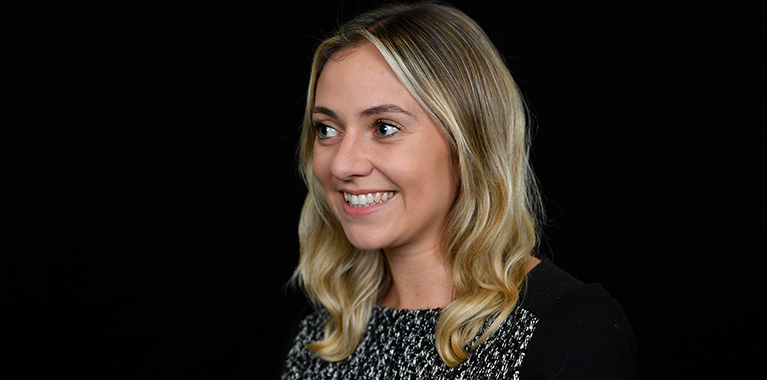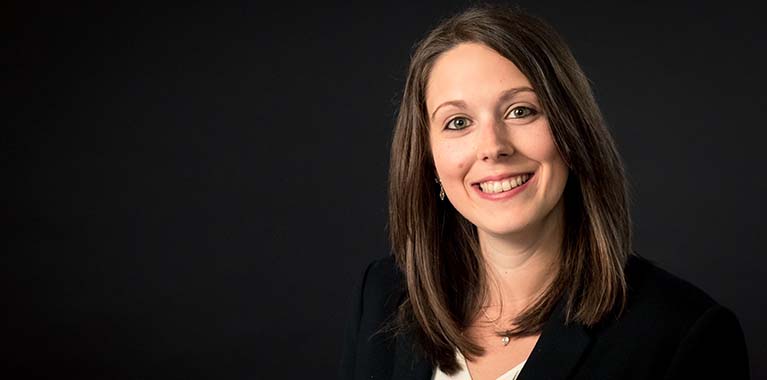Foul taste for claimant corrected: Supreme Court rules on uncontroverted expert evidence (TUI v Griffiths)

What happens when a party fails to challenge an expert's report by cross-examination or contradictory evidence? In TUI UK Ltd v Griffiths [2023] UKSC 48, a case involving a holidaymaker who sued a travel company for gastric illness, the Supreme Court held that the trial judge had acted unfairly by rejecting the expert's evidence without the expert being challenged in cross-examination. In doing so the Justices clarified the principles around challenging expert evidence whilst also correcting an obvious injustice.
Key takeaways
The Supreme Court's decision reaffirms the importance of the rule in Browne v Dunn (1893) 6 R 67, that a party who submits that the court should not accept an opponent's witness evidence on a material point must challenge that evidence in cross-examination. This applies whether it is factual or expert evidence, and regardless of whether the challenge is based on dishonesty or some other defect (although it is of particular importance when a witness is accused of dishonesty). However, the rule is not inflexible and there may be circumstances where it does not apply, such as where the evidence is manifestly incredible, based on an obvious mistake, or contradicted by the witness's own evidence.
The decision also highlights the importance of a fair trial and ensuring the integrity of the court process. It was not fair to reject the expert's evidence without giving him an opportunity to explain or clarify his reasoning, especially as the evidence was uncontroverted (TUI chose not to call its own expert). It is also not fair to ambush a witness with a challenge in submissions that has not been put to him, either in writing or orally, unless there is a good reason for doing so.
Background
The appellant, Mr Griffiths, went on a TUI package holiday to Turkey with his wife and son. He suffered serious gastric illness, which he attributed to the food or drink served at the hotel, and consequent long-term problems. He claimed damages from TUI under the Package Travel Regulations and the Supply of Goods and Services Act.
Mr Griffiths relied on the expert evidence of a microbiologist, Professor Pennington, who opined that, on the balance of probabilities, the cause of his illness was contaminated food or fluid from the hotel. TUI did not adduce any expert evidence of its own, nor did it require Professor Pennington to attend the trial for cross-examination. TUI put written questions to Professor Pennington under CPR 35.6, which he answered, and then challenged his report in its skeleton argument, served the afternoon before trial, arguing that it was incomplete, insufficient, and failed to exclude other possible causes of the illness. TUI argued that the report was a bare "ipse dixit" (i.e. an assertion without proof).
The lower courts' decisions
The trial judge accepted TUI's submissions and dismissed the claim, finding that Mr Griffiths had not proved his case on causation.
Mr Griffiths appealed to the High Court, which allowed his appeal and held that the trial judge was not entitled to reject Professor Pennington's report, which was uncontroverted and complied with CPR Practice Direction 35, and was therefore not a bare ipse dixit.
TUI appealed to the Court of Appeal. The majority of the Court of Appeal reversed the High Court's decision and held that the trial judge was entitled to evaluate the report and find it wanting, even without cross-examination or contradictory evidence. The majority said that the court was not a mere "rubber stamp". However, Bean LJ issued a strongly worded dissent indicating that in his view an injustice had been done by the majority decision: “Asplin LJ, with whom Nugee LJ agrees, says at para 65 that ‘as long as the expert’s veracity is not challenged, a party may reserve its criticisms of a report until closing submissions if it chooses to do so’, and that she can see nothing which is inherently unfair in that procedure. With respect, I profoundly disagree. In my view Mr Griffiths did not have a fair trial of his claim. The courts should not allow litigation by ambush.”
The Supreme Court's decision
Having yo-yoed through the County Court, High Court and Court of Appeal, Mr Griffiths' upset stomach arrived in the Supreme Court. The Supreme Court Justices unanimously allowed his appeal, holding that the trial judge and the majority of the Court of Appeal had erred in law "in a significant way" and that the trial judge had acted unfairly by rejecting Professor Pennington's report without giving him an opportunity to explain his reasoning. Professor Pennington's report was described as "terse and could and should have included more expansive reasoning. It left many relevant questions unanswered. But it was far from a bare ipse dixit."
The Supreme Court cited Phipson on Evidence 20th ed (2022), which it described as correctly summarising a longstanding rule of general application:
“In general a party is required to challenge in cross-examination the evidence of any witness of the opposing party if he wishes to submit to the court that the evidence should not be accepted on that point. The rule applies in civil cases … In general the CPR does not alter that position.
This rule serves the important function of giving the witness the opportunity of explaining any contradiction or alleged problem with his evidence. If a party has decided not to cross-examine on a particular important point, he will be in difficulty in submitting that the evidence should be rejected.”
The court described this rule, often referred to as the rule in Browne v Dunn, as not simply reflecting a matter of extensive legal precedents in the case law, but a matter of the fairness of the legal proceedings as a whole.
The Supreme Court held that the rule in Browne v Dunn applied to both witnesses of fact and expert witnesses, and to any material point on which a party wished to impugn the evidence. While many relevant cases have been concerned with challenges to the honesty of a witness, there was no rational basis for confining the rule to such cases, as the Court of Appeal had done. The rule requires a party to put its case to a witness if it intends to submit that the witness's evidence should not be accepted. The purpose of the rule is to enable the witness to deal with the challenge, to avoid surprise and unfairness, and to assist the judge in assessing the credibility and reliability of the evidence. The court recognised that the rule was not rigid and that there may be exceptions, such as where the evidence is manifestly incredible, based on an obvious mistake, or contradicted by the witness's own evidence. However, none of these exceptions applied in this case, and TUI had failed to comply with the rule by not putting its case to Professor Pennington.
The Supreme Court concluded that, on the evidence, Mr Griffiths had established his case on causation on the balance of probabilities and restored the High Court's order, which awarded Mr Griffiths £29,000 in damages, plus interest; an amount no doubt dwarfed by his award of costs.
The decision reaffirms the need to ensure that, regardless of weaknesses in the evidence, closing submissions are supported by appropriate challenges in cross-examination. Where parties choose not to challenge the relevant evidence, their legal arguments run the risk of foundering with no evidential foundation. The decision also reiterates the importance of fairness – parties and their witnesses should not face trial by ambush in closings submissions other than in the rarest of cases.




